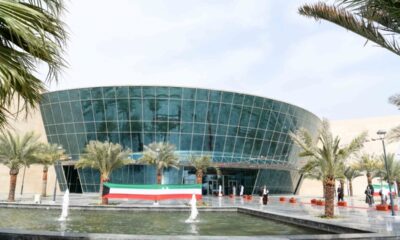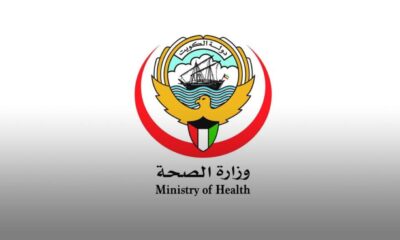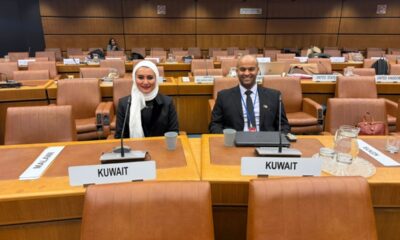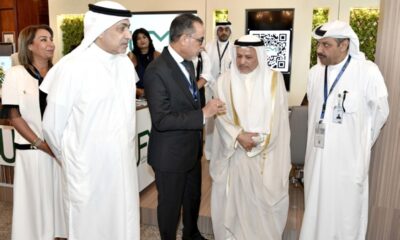Business
Kuwait Ministry of Commerce issues new freelance business licensing regulations 2025
-

 Politics24 hours ago
Politics24 hours agoKD 500 Bail and Good Conduct Pledge for Lawyer in Insult Case
-

 Politics21 hours ago
Politics21 hours agoVideo of Sleeping Expat Employee Sparks Termination and Police Complaint
-

 Latest News23 hours ago
Latest News23 hours agoEU to roll out new biometric entry-exit system in 2026
-

 Politics23 hours ago
Politics23 hours agoHand Grenade from the Invasion Era Found in Kuwait Desert
-

 Latest News22 hours ago
Latest News22 hours agoHealth Ministry issues new regulations for private pharmacies
-

 Latest News24 hours ago
Latest News24 hours agoKuwaiti photographers shine in Arab Astronomy Photography Competition
-

 Politics11 hours ago
Politics11 hours ago61 fire safety violations found in Kuwait’s Mubarakiya Market inspection
-

 Latest News10 hours ago
Latest News10 hours agoToday in Kuwait’s history | Kuwait Times Newspaper




















